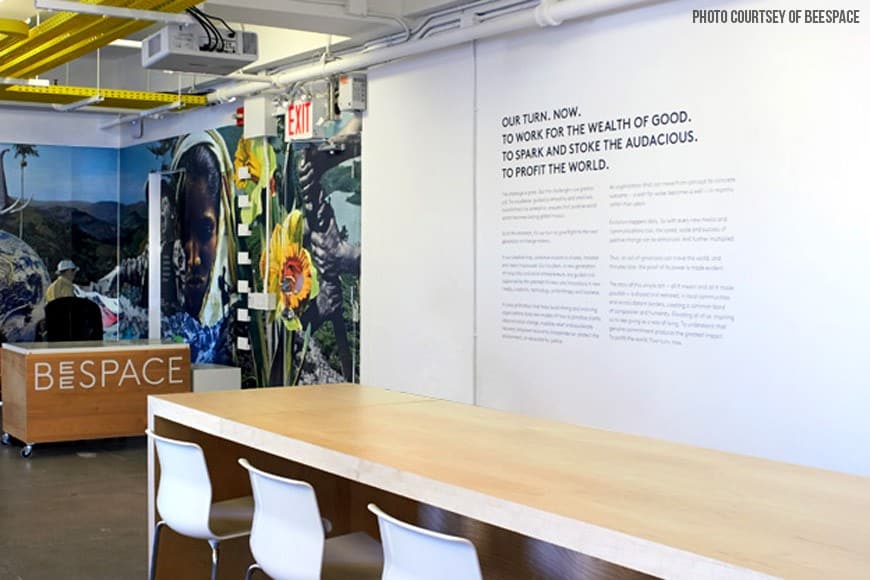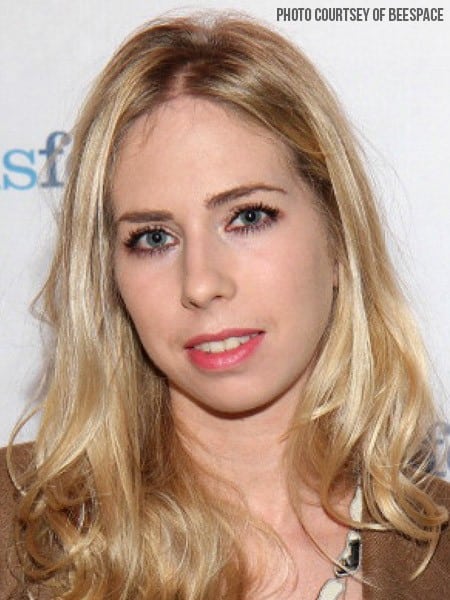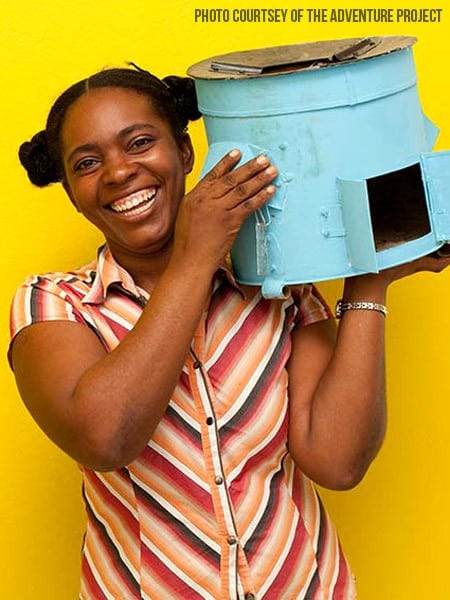In the era of startups, for-profits and non-profits have become ubiquitous, creating a market for incubator and accelerator programs. Incubator programs work to nurture for-profit startups by providing them with the necessary resources to succeed for a set period of time. Non-profit organizations, on the other hand, are companies devoted to improving humanity. They, too, are full of potential, but rely on fundraising and donations to keep their doors open. More often than not, it’s a lack of funding that force the doors of these companies to close. Fortunately, organizations like Beespace are working hard to change that fate- one non-profit at a time.
Marissa Sackler, founder of Beespace, came up with the idea of an incubator program for non-profits in 2011. She had been working behind-the-scenes with non-profit organizations and observed how they operated. It became clear that these organizations lacked the necessary resources to thrive. Describing them as “held together with string and glue,” Sackler became frustrated at seeing potential go to waste and decided to do something about it.
“Something” became Beespace in November of 2013 when the organization officially launched. The name comes from Sackler first referring to the non-profits as “incubees.” Initially, she was all over the place, but her niece told her if she was going to call the organizations “incubees” then the company name had to match—so it became Beespace. The company works as a non-profit incubator which aims to “identify the next generation of innovative non-profits” by “utilizing the tech incubator model [to] invest in genuine and bold organizations, providing them with a comprehensive set of innovative resources, completely free of charge, to profit the world.”
Incubee Non Profits
Currently, Beespace incubates five organizations—The Adventure Project, The Malala Fund, Organize, Practice Makes Perfect and Yoga Foster—but is looking for its sixth. While there are many non-profits that need help, Sackler and the rest of the Beespace team are very specific when selecting their causes. Preferring to keep the company small in order to maximize aid, they look at three things when choosing incubees.
1. The founder. Sackler wants her incubees to be capable of working and learning side by side, so she looks for strong leaders with great vision who are able to work in teams. The founder is important because as the leader, they have the vision for where their organization will go.
2. The market. The Beespace team aims to serve under-represented and under-funded sectors, so innovative programs are a must. That’s not to say that well known causes could never be part of Beespace, but Sackler says causes like breast cancer research are such crowded sectors that the applicant would have to be turning it “inside out and on its head” to be considered.
3. The “x-factor.” Non-profits should have something about them that distinguishes them from other organizations working in the same sector. Sackler is hard pressed to describe exactly what the “x-factor” is, but admits “you sort of know when you see it.”
Once incubees are selected, the real work begins. Organizations are incubated for a maximum of two years. In those two years they are matched with two mentors, one from a non-profit organization and one from a for-profit organization working for the same cause. Incubees are also provided “access to Beespace’s internal team of operational support including fundraising and online engagement, communications, design, finance, engineering support as well as an office manager and executive director.” The team works together with the incubee on high-level strategy planning to determine where the organization stands and where it needs to go.
In addition, incubees and the Beespace team attend monthly workshops that cover everything from legal information to human resources and time management. Twice a month they have Bee Talk a professional speaker series, which Sackler describes as a time for the incubees to “learn from visionaries” like Jessamyn Rodriguez, owner of Hot Bread Kitchen in Harlem among others.
Because Beespace is a new venture, there are no alumni, but Sackler is confident in her current incubees’ ability to succeed. She believes their innovative minds and ways of reaching people will aid in that success. “I feel like there’s been a real shift in the social good of non-profits. Planning and storytelling are extraordinary ways to make people aware of an issue,” Sackler says. “I would say in six months we have experienced fantastic success. Our groups have had some wonderful wins.”
As of now, Beespace is located in New York, but the company does have plans for expansion, both in the US and globally. London and San Francisco are obvious locations for Sackler, but she says she’s curious to see what Beespace would look like in Detroit or Nairobi. She adds that expansion is about ten years away, but if the first incubees are successful it will happen much sooner. Expanding locations however does not mean expanding in size. Sackler wants to keep the program small in order to aid the best of the best.

All of those news stories and articles that contain accurate data about social justice issues had someone behind the scenes researching this information. As a researcher who focuses on social justice, you can gather data, statistics and info on issues like poverty, criminal justice, racial justice the issues that impact the LGBTIQ community and more. Researchers will typically work at international organizations, non-profits, government groups and academic institutions. Especially in big metropoles like New York, there is an abundance of non-profit positions available – you can check a lot of them on this site: Non-Profit Jobs in NYC.


